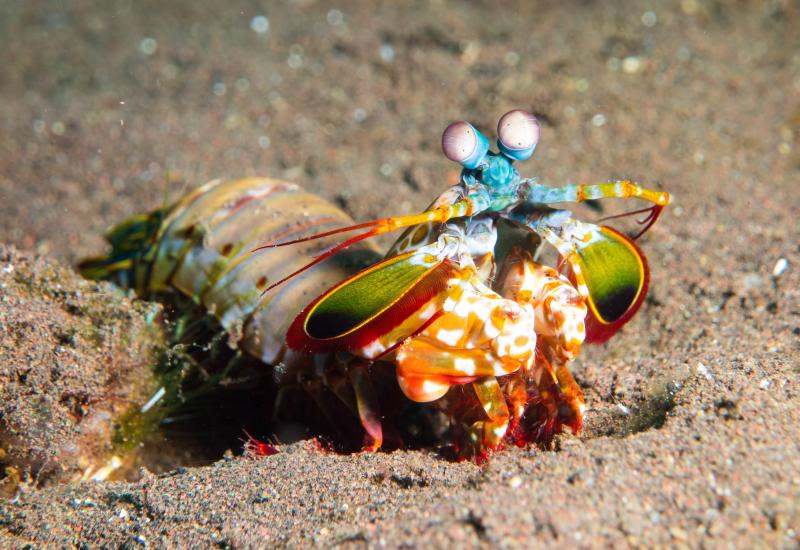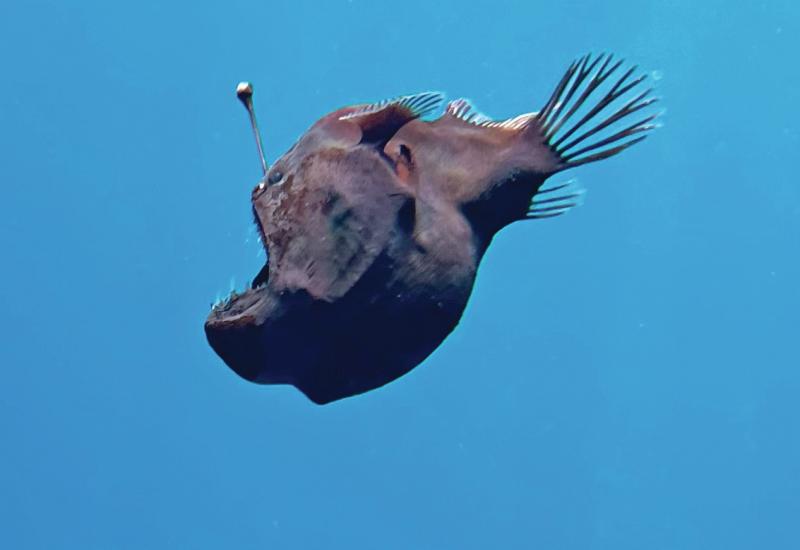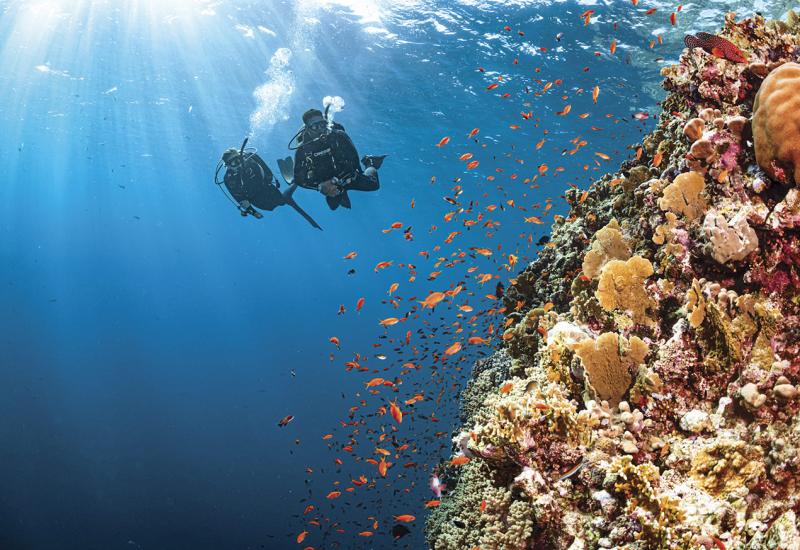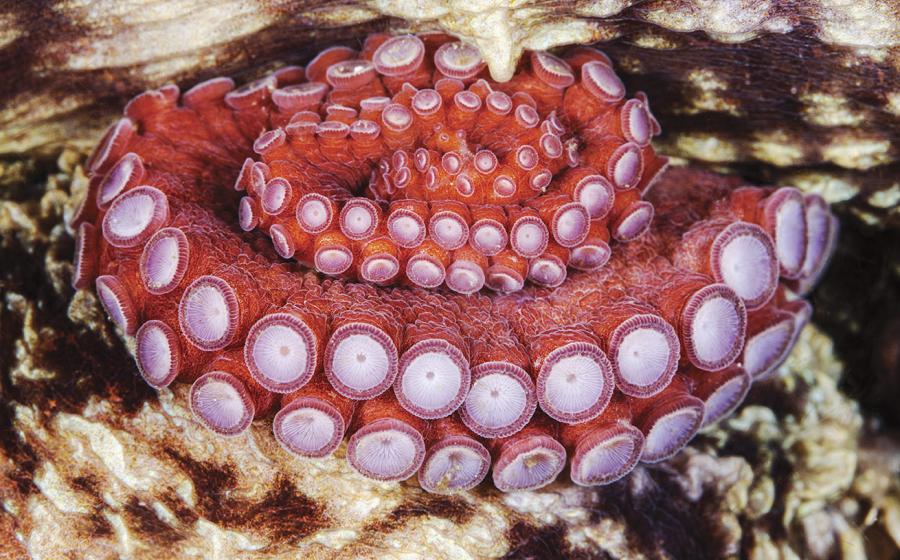More than Jaws: Hollywood at Large May Be Spreading Fear of Sharks, New Study Finds
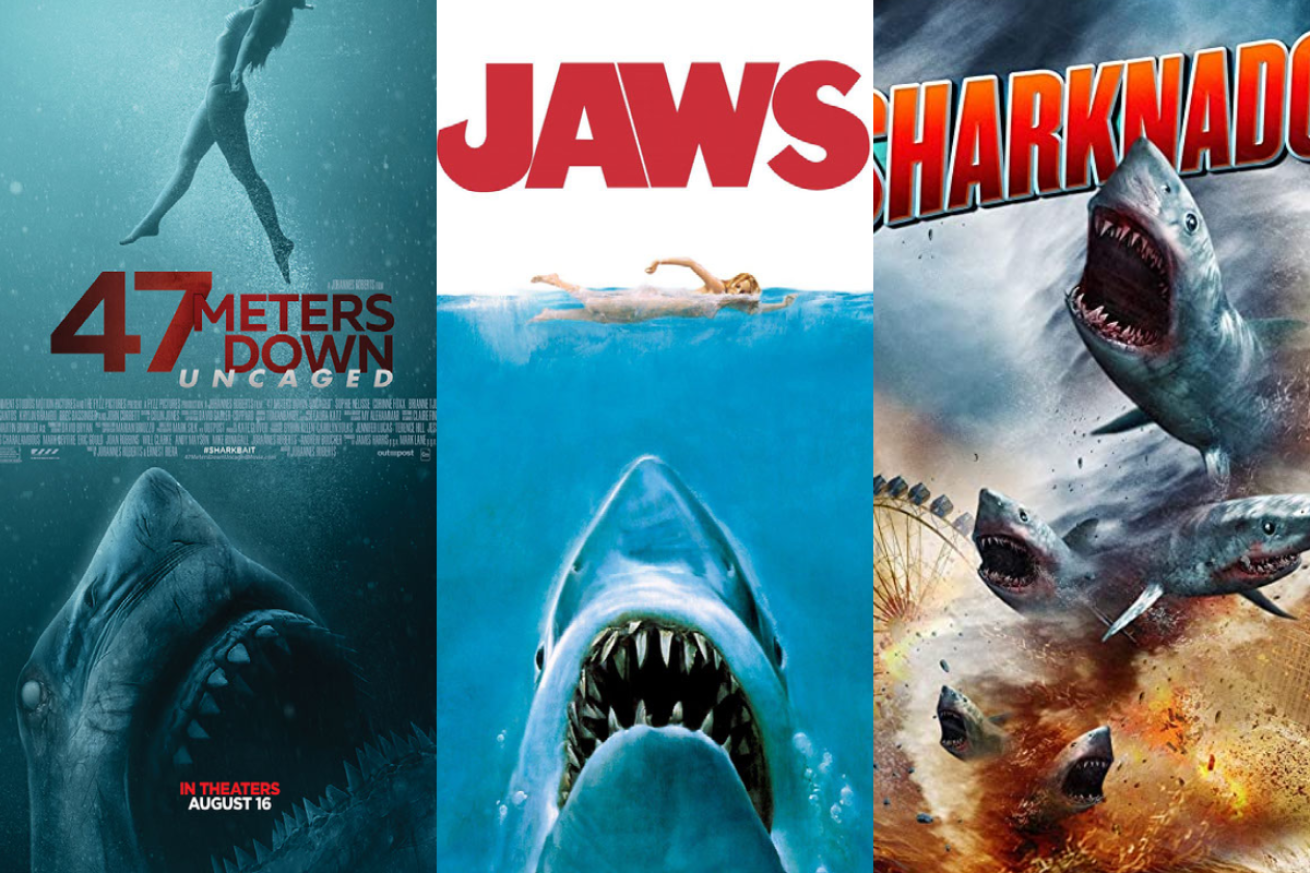
Courtesy from left: Entertainment Studios Motion Pictures; Universal Pictures; Asylum Syfy FilmsNearly 75 percent of the films in the study had promotional posters featuring the shark's teeth.
“Jaws,” Spielberg’s 1975 classic blockbuster, thrust a harsh view of sharks into the public eye, portraying sharks as human predators, spreading the idea all human-shark encounters are fatal and that the only way to prevent future attacks is to kill the shark.
The term “Jaws effect” was coined in 2015 to describe these three beliefs and Brianna Le Busque, a professor at the University of South Australia, became curious about whether other films were compounding the effect.
“The media has a really big impact when it comes to how people view sharks,” Le Busque, a professor at the University of South Australia, tells Mongabay. “There are a few studies that have looked at ‘Jaws’ specifically … but there was no research looking at shark films more generally.”
On average, four people globally die every year from an unprovoked shark attack, according to the Florida Museums’ International Shark Attack File. In 2020, there were 56 unprovoked shark attacks globally, ten of which were fatal.
Le Busque took a deep dive into oceanic fiction movies to analyze how they depicted sharks. She analyzed 109 shark-related films released between 1958 and 2019. One hundred and five, (96 percent of the films included in the study) represented sharks as potentially threatening to humans; three films subtly portrayed a threat to humans; and only one — “Finding Dory” — did not paint sharks negatively.
“All of the films, apart from one, had sharks that were scary, that were biting people, or people fearing sharks,” Le Busque says. “That was the really prominent thing: that sharks were scary. I wasn’t surprised by that, but I was surprised by how many shark films there were—over 100— and the fact that consistently sharks were portrayed in a scary way.”
White sharks and bull sharks were the top two species featured, followed by fictional species. The most common depictions of sharks included those biting or attempting to bite people, and being mentioned as a source of fear. Le Busque also notes that nearly 75 percent of the movies’ promotional posters included shark teeth in their designs.
“Because sharks are in the media so often … it really seems to make people think that the [chances of encountering] a shark is higher than it is,” Le Busque says. This, in turn, may make people “more likely to want potentially lethal mitigation techniques.”
From 1970 to 2019, there has been a 71 percent decrease in shark and ray populations worldwide amid a myriad of pressures, from climate change to overfishing. More than 30 percent of shark and ray species are considered threatened.
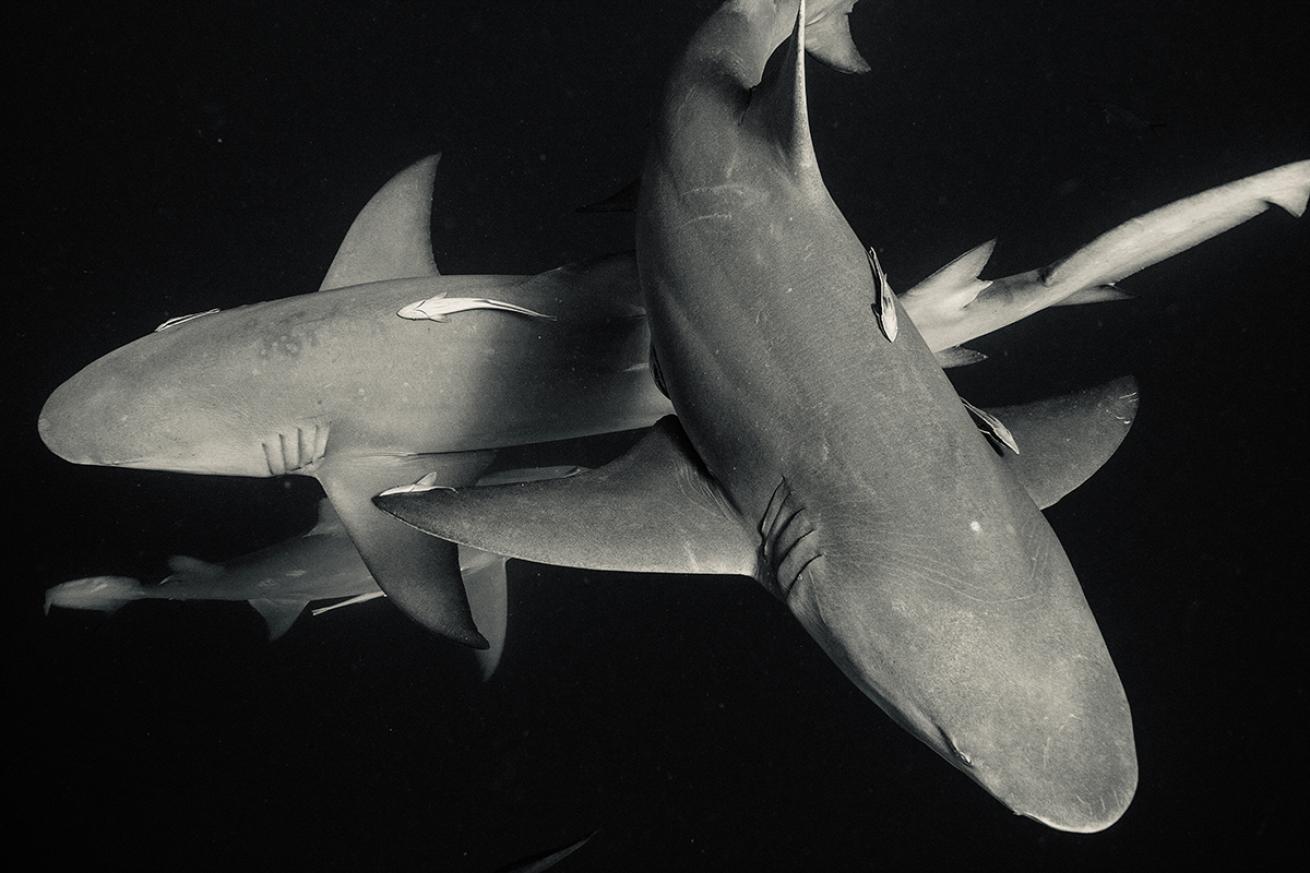
Cassandra Scott / Ocean Image BankSharks swimming
Some shark experts disregard the idea that fictional films could substantially contribute to this decline.
“As far as the movie industry, most of that stuff is too ludicrous to be believable by most people,” Cheryl McCarron, education and outreach director of the nonprofit Shark Angels, tells Mongabay. “With the premise of Sharknado, no one’s ever going to start believing that sharks are gonna start swirling around land in a giant cloud. For a lot of that, no I don’t think it poses any challenge for us in conservation because the premise is too ridiculous.”
What does have a large effect on public perception, McCarron says, is how the news media portrays sharks. In order to end the stigma of sharks being man-eating monsters, McCarron suggests coverage should include stats on the rarity of shark attacks and use language like “shark encounter” rather than “shark attack.”

